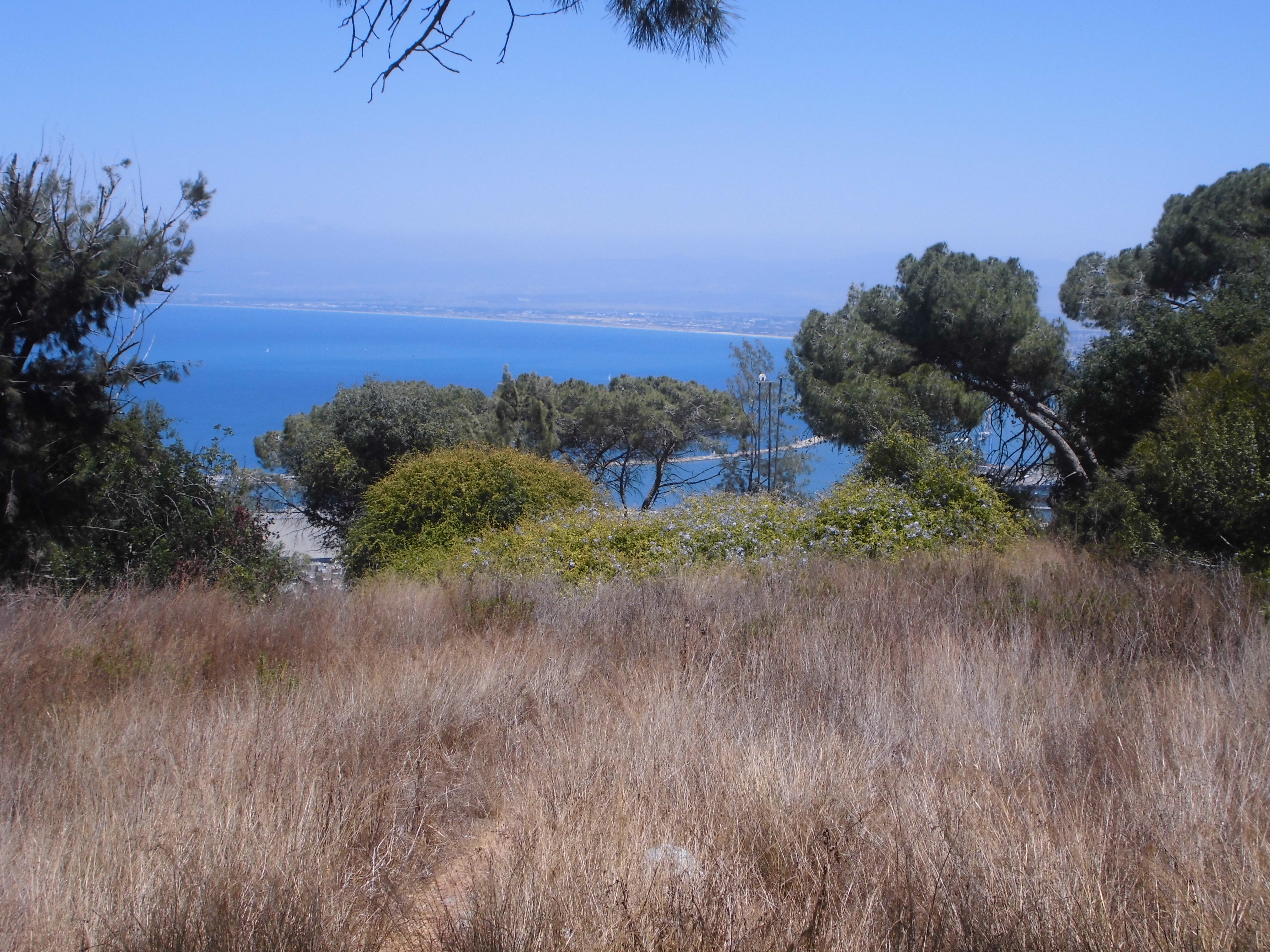
What do you think of, when you think of the Middle East? If your knowledge of the region is based on what you see in the media, you probably think of an area which is mostly desert, scorched by endless wars. You probably think of terror attacks and about the threat of terror that looms over your Western country too.
Maybe you care about the suffering of the people in battle torn Syria and Iraq. Maybe you don't really care and just wish your country could stay out of it, but one way or another you probably don't understand it at all. Why can't the people of the Middle East sort their issues once and for all? Why are they always on the look for ways to divide themselves into tribes, sects and cults? And if they like fighting one another so much, why do they keep blaming the rest of the world and retaliate against peaceful communities outside the region?
I was born here. In the middle of what seem to be the heart of the problem. I am an Israeli. A second generation native to the Middle East. My parents were both born in what was then, British mandate Palestine. Their parents came to what they called, “Eretz Israel” because they truly believed that they are returning to the enchant homeland of their ancestors.
I know what you are probably thinking now, “Is he a right wing Israeli, who is going to tell us once more about Israel's right to exist, quote to us from the Bible and mention the Holocaust? Or is he a left wing Israeli who is going to write about how terrible is the Israeli occupation of the West Bank?”. Well rest assure that I am neither. I am well aware of how wary the world became of the standard arguments about the conflicts in the Middle East and especially about the Israeli - Palestinian conflict. I know, and this is why I’d like to try a different approach.
Every problem, no matter how complex, has a simple root cause, sometimes you have to deal with a problem, at least in part, without understanding its root cause, but sooner or later if you really want to solve the problem once and for all, you have to solve it from its root. In the case of the Middle East and its many conflicts, the root cause is the geographical conditions of the center part of the region - that which is called in French “La Levant”.
The Levant is a part of the Middle East that extends from the Sinai desert at the south to Lebanon and the western part of Syria to the north, with Israel and the disputed West Bank in its middle. Geologically, it’s an extension of the African tectonic plate. In the school textbooks though, it appears to be part of Asia, although many of its geographical and ecological features resemble European - Mediterranean areas. The Levant is thus, the only place on earth where three continents meet. And this fact influenced its destiny, and the destiny of the greater Middle East in 3 crucial ways.
The first is, of course, it's strategic importance to regional empires and other global power players. For thousands of years, The Levant was the scene of wars between external forces from the three continents that surround it, as controlling the region was always considered as an advantage on competing powers.
The second is that the Levant is a very open area, with no great mountain ridges or uncrossable rivers going through it, and although a great part of it is still desert, its dry areas are still much more habitable than the neighbouring Sahara or Arabian deserts.
And the third is that the Levant is very diverse in terms of views and ecosystems, with the borders of different ecosystems being unclear and dynamic.
For the indigenous population of the Levant, the combination of these three factors created a complex and often unpredictable environment. The region is too small and too open, to enable the existence of separate cultures, each with its own expertise. Friction between the people from one region to another was always unavoidable as the borders of ecosystems constantly changed due to varying amounts of rain and other factors. And on top of this internal complexity, there was always the issue of the intervention of external powers that seeked to control the Levant.
I think that you can start to imagine how this situation have shaped the erratic and often violent behavior of the people of the Middle East, but I hope I can help you see deeper into the matter and maybe even see how the bleeding conflicts of this area can be resolved.
And this is what I am going to do in my next posts. I hope you will read on...
